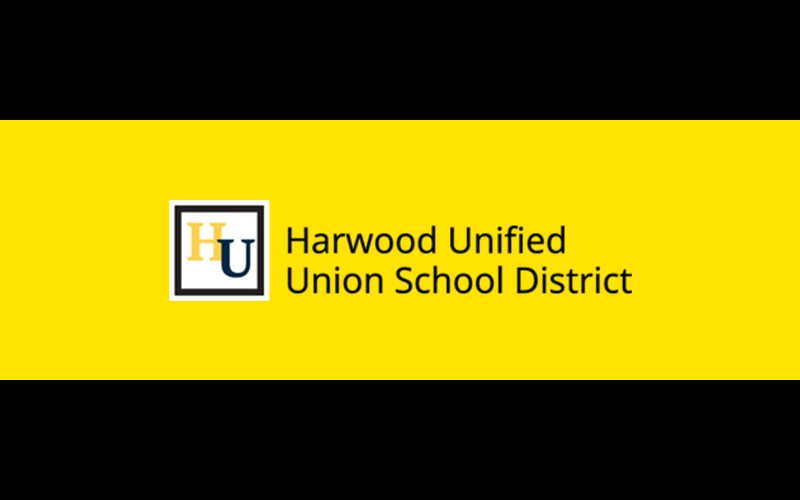The Harwood Unified Union School District (HUUSD) Board approved a plan to put a $59,545,312 bond before district voters on November 2.
The bond includes $53,512,645 for repairs and compliance to the Harwood Union building ($21,934,081), efficiencies and improvements to the building ($14,343,440) and educational alignment ($17,235, 124), which includes a second gym and track at Harwood, as well as $6,032,666 for expanding the Crossett Brook Middle School building to accommodate moving Harwood seventh- and eighth-graders to the building.
The school board is planning a multi-faceted approach to informing voters about the bond and engaging community members in the discussion prior to the election. An informational video about the bond will be available in early October. The HUUSD Board will host bond Q&A sessions on October 7 and October 14 from 6:30 to 8 p.m. via Zoom.
HUUSD Board chair Torrey Smith and vice chair Tim Jones will join The Valley Reporter on Mad River TV for a Q&A at 6:30 p.m. on October 18. Questions may be submitted via Zoom. The next school board meeting will be at Harwood Union High School at 6 p.m. on October 13. There will be a public meeting to discuss the bond at Harwood Union High School at 6 p.m. on October 27. Smith and Jones also participated in Ric Cengeri’s morning call-in show on WDEV Radio on September 29.
The bond vote will be the only item on the ballot on November 2. Early ballots will be available starting October 13.
Smith issued a correction this week on the tax implications for income-sensitized households. At the September 15 board meeting she had said that the Vermont Department of Taxes reported that tax credits would offset tax increases for income-sensitized households. Jake Feldman, a tax/policy specialist at the Vermont Department of Taxes, clarified that. For a household with an annual income above $47,000, net taxes would go up, as they are tied to property tax rates. In a leadership report dated September 28, Smith reported Feldman’s explanation that, “An 8% increase in the district's equalized property tax rate (our projected increase with the bond) would increase property tax bills by 8%, but might not increase the state's tax credit by the same absolute amount. Thus, the net taxes paid would likely increase by about 8% as well.”







